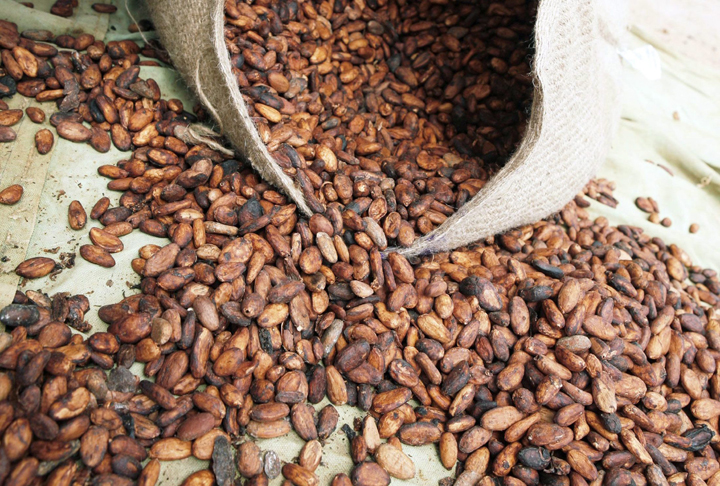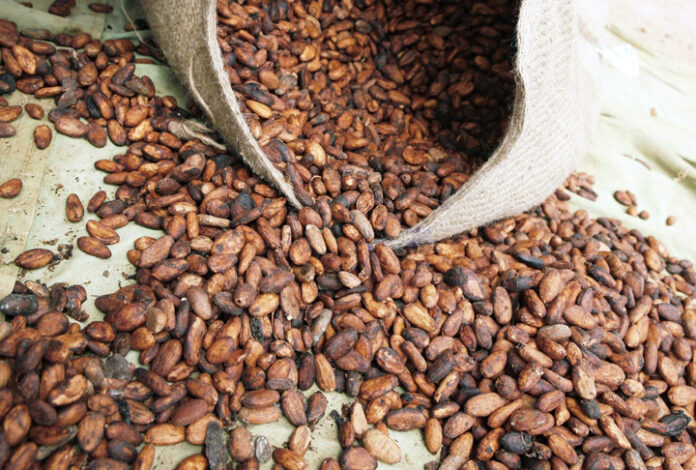
A member of the House Committee on Agriculture and Food is pushing for the establishment of a national program for the cacao industry following the launch of Tangerine chocolate products made by marginalized farmers in Quezon.
Quezon Rep. Angelina Tan noted that the Philippines can further expand its cacao output given the suitability of the country’s climate and topography for the cultivation of the prized crop.
“The very rich and fertile soil of the country is very well suited in the production of cacao. Ironically, the country still imports a large amount annually. As of 2008, the country only has 1.5 million cacao trees producing around 6,000 metric tons annually,” Tan said in a statement.
“This places the country as 18th in the world among cacao-producing nations. Southern Mindanao is the country’s largest cacao-producing region, particularly Davao Oriental with nearly 4,000 hectares planted to cacao trees, followed by Calabarzon region, particularly Quezon and Cavite.”
Tan is seeking the establishment of a national program for the cacao industry via her House Bill 1495, which is pending before the House Committee on Agriculture and Food.
The lawmaker said her bill envisions the creation of a national program to gather government agencies together with the DA as lead agency to do education and training of all stakeholders in cacao industry, collecting relevant researches, scientific studies, and market strategies, extending technologies and creating international linkages for development, promotion and be a competitor in the world cacao market.
To promote and strengthen the cacao industry in Region 4A or Calabarzon, especially in Quezon province, Tan said the Department of Trade and Industry (DTI) is showcasing cacao-based products in its annual “Kalakal Quezon” from May 25 to 31.
The Kalakal Quezon is an annual event organized by the DTI-Quezon to promote the products of micro, small, and medium enterprises by showcasing the province’s products under the theme “Support Lokal, Shop at Kalakal.”
The lawmaker said one of the products showcased is the recently launched range of chocolate products of Tangerine of the Four K Kakao Farm, an emerging powerhouse for cacao production in the country.
Tangerine is dark chocolate made by cacao farmers in Quezon and members of the Kakao Integrated Development for Livelihood and Transformation or Kidlat, an organization of marginalized farmers.
Tan said the development of cacao farming in Quezon Province was piloted in the 9 towns in the 4th District of the province: Atimonan, Plaridel, Lopez, Gumaca, Perez, Calauag, Tagkawayan, Guinayangan, and Quezon.
In its 2016-2022 Philippine cacao road map, the Department of Agriculture (DA) noted that the world demand for cacao has nearly tripled since 1970 growing at an annual rate of 3 percent with China and India growing at 7.9 percent.
“One of the primary drivers of this increase is the growing middle class, increasing discretionary household income in developing countries, new and innovative uses of cocoa in the food, cosmetics and pharmaceutical industries, and the positioning of cacao as health food,” the DA said.
The agency also said aging cacao trees, lack of good agricultural practices, and scarcity of high-yielding planting materials are among the factors affecting the yield and production volume of the industry.
Image courtesy of Jane Hahn/AFP/Getty Images
Read full article on BusinessMirror






